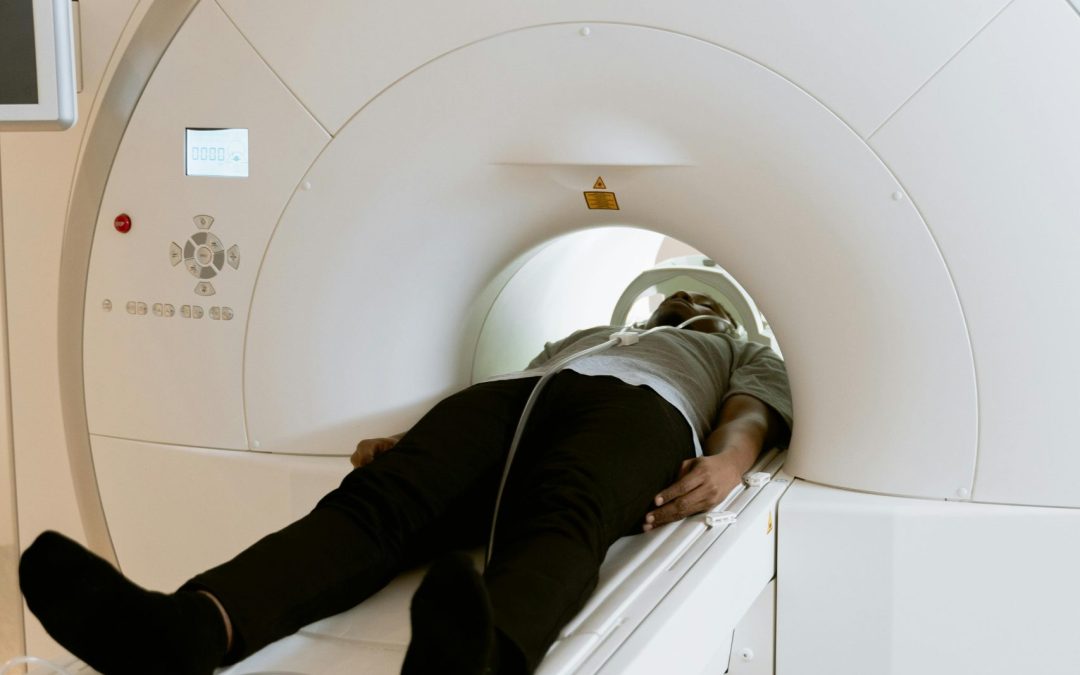It’s not unusual to feel uncertain when your doctor recommends imaging. You may be considering the cost, time, or simply hoping that your symptoms improve on their own.
In moments like this, many patients wonder whether moving forward with the scan is necessary. Talking openly about the risks of missed imaging helps bring clarity to that decision.
By understanding the role imaging plays in diagnosis and treatment, you can feel more confident about why your physician ordered the test and how it supports your care.
What is Imaging?
Medical imaging refers to a group of technologies that enable doctors to visualize the inside of the body without the need for surgery.
Each method has unique strengths, but all are designed to provide detailed pictures of your bones, organs, tissues, and blood vessels.
The importance of scans lies in their ability to detect changes that aren’t always visible through physical exams or lab tests.
Imaging can reveal broken bones, internal bleeding, tumors, or blocked blood vessels. It can also track the progress of treatment, showing whether your body is healing or if adjustments are needed. In many cases, imaging is the only way to confirm a diagnosis quickly and accurately.
What are Some Recommended Scans?
Your doctor may recommend various imaging tests, depending on your symptoms, medical history, and age.
Common examples include:
- X-rays: Often used to check for broken bones, lung infections, or joint damage.
- CT scans: Provide cross-sectional images of the body, helping detect issues such as internal bleeding, organ damage, or certain cancers.
- MRI scans: Create highly detailed images of soft tissues, making them useful for brain, spinal, and joint conditions.
- Ultrasounds: Use sound waves to evaluate organs, blood flow, and the development of pregnancies.
These recommended scans are not ordered lightly. Doctors suggest them when the information they provide is critical for making the right treatment decisions.
Whether it’s evaluating chest pain, investigating chronic headaches, or monitoring a condition, imaging plays a central role in guiding care.
What are the Risks of Skipping Your Scan?
It can be tempting to delay a scan, especially if you’re feeling better or worried about the process. But there are important considerations.
Missed imaging risks include:
- Delayed diagnosis: Without imaging, serious conditions may remain hidden until symptoms become more severe. This can limit treatment options and affect outcomes.
- Worsening conditions: Many health problems progress over time. Imaging helps identify changes early, allowing doctors to act before they cause greater harm.
- Unnecessary uncertainty: Skipping a scan can leave you and your doctor without clear answers, adding stress and delaying the peace of mind you deserve.
- Limited treatment planning: Imaging often guides surgical decisions, therapeutic choices, and medication options. Without it, treatment may be less precise.
Even if you feel fine, imaging may reveal conditions that develop silently, like osteoporosis, heart disease, or certain cancers. Acting early often makes care more effective.
Trusted, Affordable Imaging in Fort Worth and Southlake, TX
At Midtown Medical Imaging, you don’t have to let fear, cost, or uncertainty stand in the way of important care.
Through our imaging services, we create a comfortable experience, while our privately owned centers offer scans that are 4–5 times more affordable than those at many hospital-based facilities.
Every exam is reviewed by highly trained radiologists from leading medical schools and institutions, giving you the confidence that your results are both accurate and reliable.
Don’t delay the answers you need. Book your appointment today and experience imaging that is precise, affordable, and patient-focused.

